It’s a stereotype as common as they come: go to the subcontinent and expect to be spun out, come to South Africa and watch your head (and all your other belongings – but that’s a different conversation). Except this time.
South Africa will not prepare green tops for their four must-win Test matches against Sri Lanka and Pakistan this summer.
Despite what gut instincts may say about the best way for them to maximise home advantage and even though they are playing Sri Lanka at venues where they lost five years ago, South Africa will leave it to individual ground staff to and hope for fair surfaces for their matches.
Related
“We’re not at liberty to instruct the groundsmen to prepare what we’d like. We just try to play on whatever has been prepared,” Temba Bavuma, South Africa’s captain said in Pretoria, where the team held their preparation camp before traveling to Durban for the first Test. “And there’s not a lot of concern from my side where we are playing Sri Lanka. Obviously Sri Lanka will be confident in those two venues because they were successful but we’re not going to ask for specific conditions”
Sri Lanka beat South Africa in Durban and Gqeberha in 2019 but lost the next series in 2020-21, when they were beset by a spate of injuries. But that 2019 series was the first time a subcontinent side had beaten South Africa in a home series, which some say makes the decision to go back to those venues curious. Durban, in particular, has been a difficult place for South Africa in the last 15 years. Since March 2009, South Africa have played 10 Tests at Kingsmead and lost seven, including two each to Sri Lanka (their first Test win in the country came in 2011), Australia and England and one to India. Their last outing was in March 2022, when they beat Bangladesh by 220 runs, at the end of the Covid-19 restrictions, with a side that was depleted by the absence of IPL-bound players, which made up most of the first-choice attack.
But Test coach Shukri Conrad is not buying into the talk that the coastal venues are more suited to subcontinent teams and wants to reclaim them as places South Africa consider their own. “You can’t play all your cricket at Centurion and the Wanderers,” he said earlier this month, referring to the Highveld venues which do give pace bowlers the edge. “We’ve got a fan base in Durban. We’ve got a fan base in Gqeberha and we’re looking forward to playing Test matches there.”
Like Bavuma, he does not expect the groundstaff to prepare anything other than what is usually expected of them. “We just want good cricketing wickets,” he said. “That’s all I can ask for.”
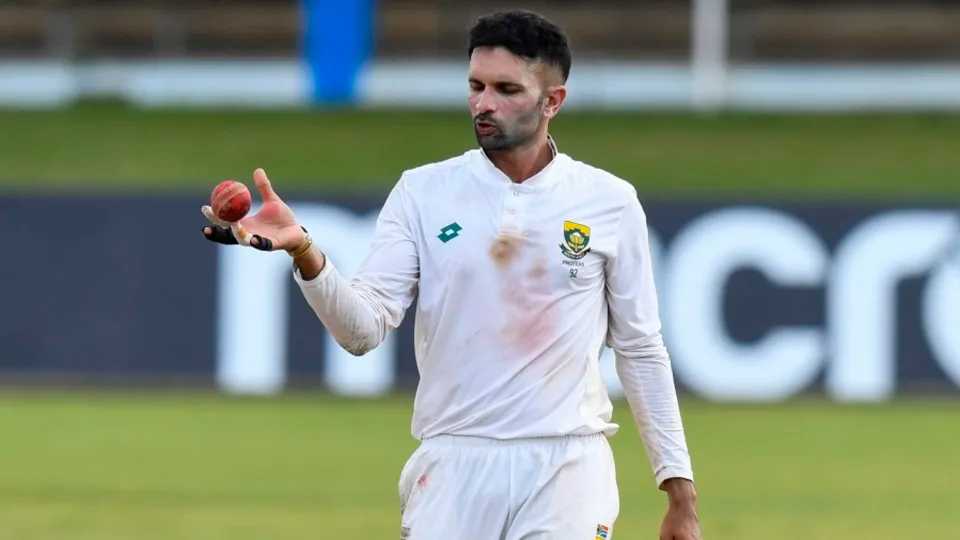
So what might that be?
First up, at Kingsmead, Durban’s long-serving groundsman Wilson Ngobese will retire at the end of this year and has been handing over the reins to his successor Wonderboy Khanyile. Along with former Newlands and Wanderers groundsman Evan Flint, a prodigy of Ngobese’s, who has been working in Kwa-Zulu Natal as a consultant, they have prepared the Test pitch together. It should be livelier than it is for domestic matches, where the local team, the Dolphins tend to prefer it slower and lower.
“I was in conversation with Evan and it’ll be one of the new wickets and Evan guarantees me there’ll be some good pace,” Conrad said. “Domestically, they prepare it to spin because of the strength of their bowlers so I think the Dolphins go out deliberately preparing spinning wickets.”
That is in stark contrast to the messaging of five years ago when, under Ottis Gibson, South Africa’s groundstaff were instructed to prepare green-tops, particularly for a 2017-18 series against India. The Wanderers got it so badly wrong that the pitch was rated poor and they were handed three demerit points, which have since expired. Gibson wanted to maximise the advantage an attack of Dale Steyn, Vernon Philander, Morne Morkel, Kagiso Rabada and Lungi Ngidi could give South Africa, at the expense of their batters. South Africa’s ability to score big runs diminished to the point that between January 2018 and December 2021, only West Indies (among teams in the World Test Championship) had fewer centurions.
The second Test at St George’s Park could see plenty of movement off the seam and perhaps even reverse swing come into play. “If you look at the records domestically, [Warriors allrounder] Beyers Swanepoel, for example, takes a host of wickets there,” Conrad said. Swanepoel has 52 first-class wickets from nine matches at the venue at an average of 14.44. “It can be very favourable for seamers as well.”
It is also known to take turn later on, and South Africa back their first-choice left-arm spinner, Keshav Maharaj, to take centre stage. “You want spin later on in the game and why we play arguably one of the best spinners in the world in Keshav in our side,” Conrad said.
South Africa have also included spin-bowling allrounder Senuran Muthusamy, who took a career-best 4 for 45 in Bangladesh last month, in the squad but have no room for offspinner Dane Piedt or wristspinner Tabraiz Shamsi, which suggests that even if there is turn, they’re not expecting it to be that big.
All the discussion over home advantage is pressing because of what is at stake for the hosts. South Africa need to win all four of their remaining matches to guarantee a place in the World Test Championship final. They could still get there with three wins but would be dependent on other results. Either way, their fate lies in their own hands and they don’t plan on putting it in conditions.


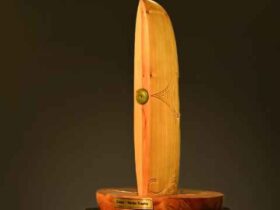
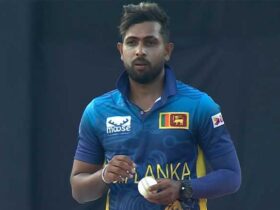
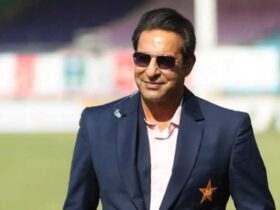

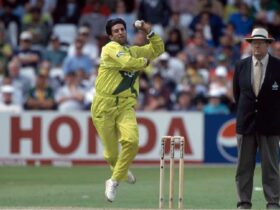
Leave a Reply